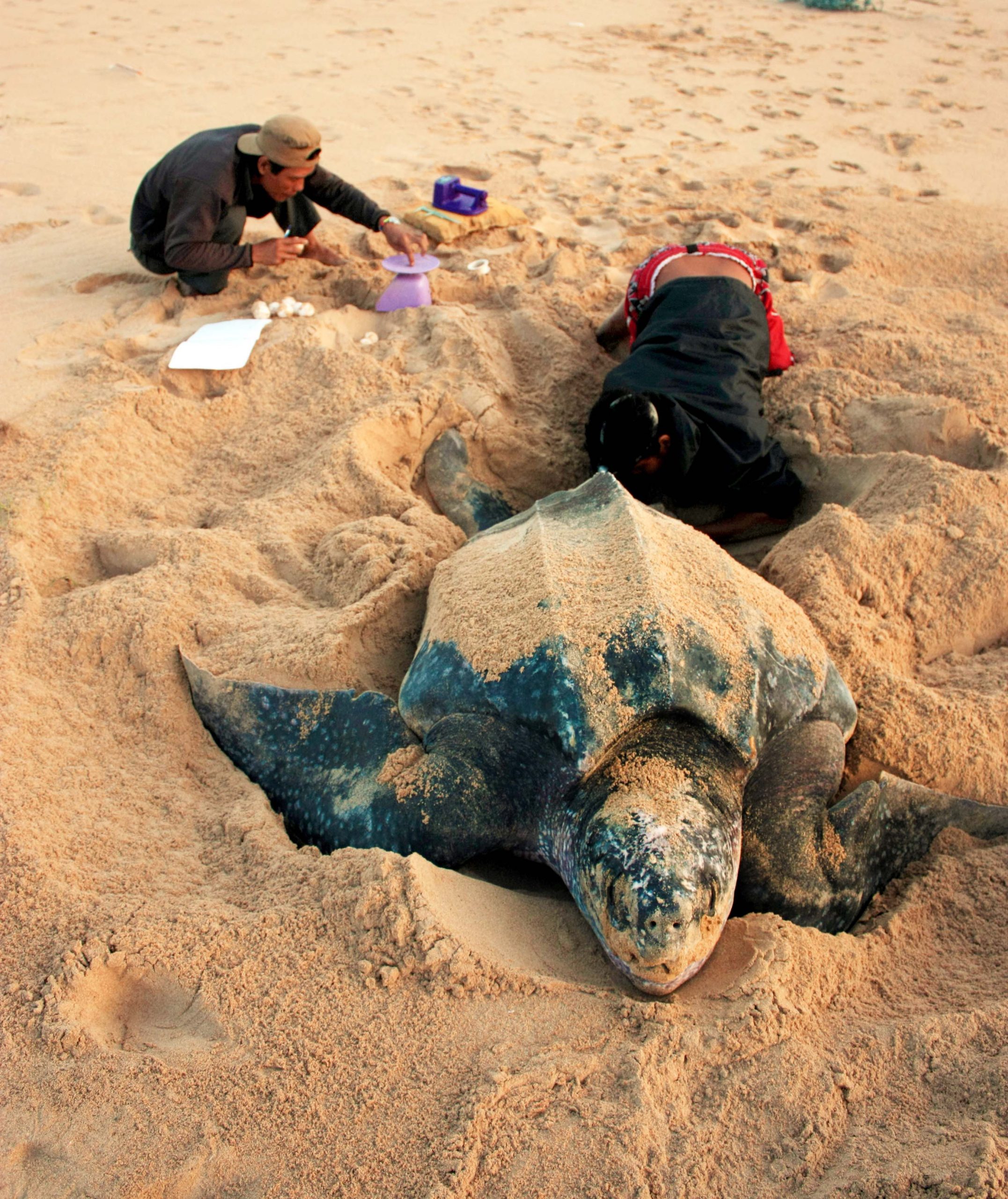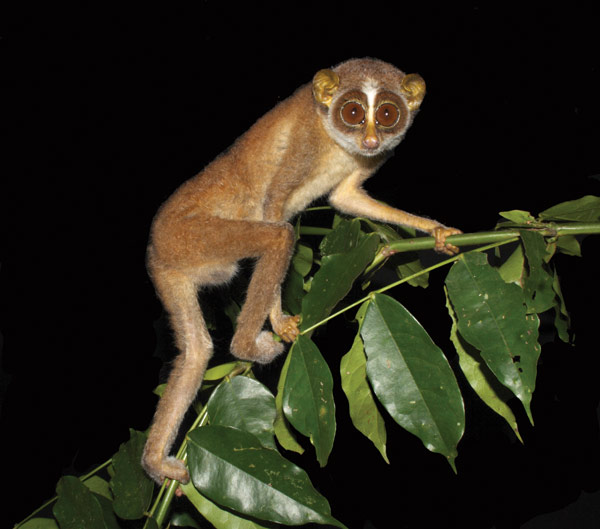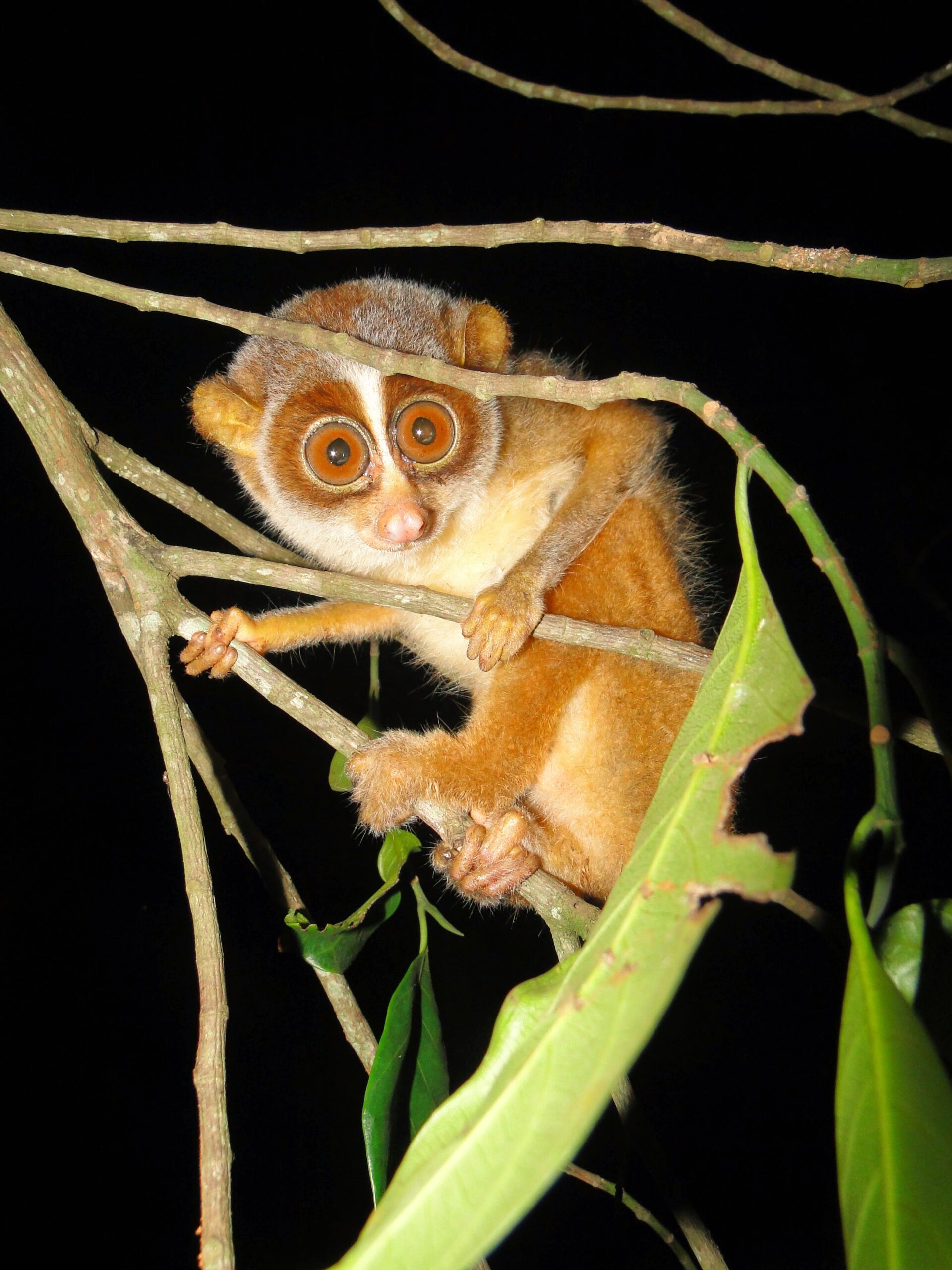Our Work in
Wildlife Conservation
Adhith Swaminathan
The Andaman and Nicobar islands are the only remaining site in India where leatherback sea turtles still nest, and these beaches are home to at least three other turtle species. For over ten years, researcher and “turtle evangelist” Adhith Swaminathan has monitored sea turtle nesting habits on these islands. Now, these beaches are projected to experience a rapid rise in tourism-related development, bringing threats like nest disturbance and artificial light.
The Pollination Project partnered with Adhith and his team for community outreach to schools and colleges on turtle conservation and how far individual action can go in protecting these species.
They are also educating state wildlife officials on best practices in nest relocation, and other strategies to strengthen conservation efforts.
Dr. Smitha D. Gnanaoliu
Dr. Smitha D. Gnanaoliu has passionately committed her career to researching the Slender Loris, a night-active primate native to India and Sri Lanka. Her groundbreaking research has not only shed light on this previously obscure species but also pioneered the study of nocturnal wildlife in their natural environments. Additionally, her work has paved the way for women to engage in scientific research and fieldwork in the Indian rainforests.
Nearly ten years ago, TPP backed her research initiatives.
With the seed grant from The Pollination Project, Smitha was able to create an awareness campaign to promote the conservation of the rainforest and bring up the love for their land and the wildlife in the villagers.
Since then, Smitha has studied the lorises in over 17 different places in India, through 4 states: Kerala, Karnataka, Tamil Nadu, and Maharashtra; leading different teams of scientists and volunteers.
Smitha was able to put the Malabar Slender Loris into the Forest Protection Act.
Among some of her accomplishments, Smitha has received the Women Scientist Fellowship (WOS-A) from the Department of Science and Technology, Ministry of Science and Technology, and other prestigious grants such as the Primate Action Fund from The Margot Marsh Biodiversity Foundation.
She is a commissioned member IUCN SSC Primate Specialist Group: South Asia Section 2021-2025.
Give with us.




